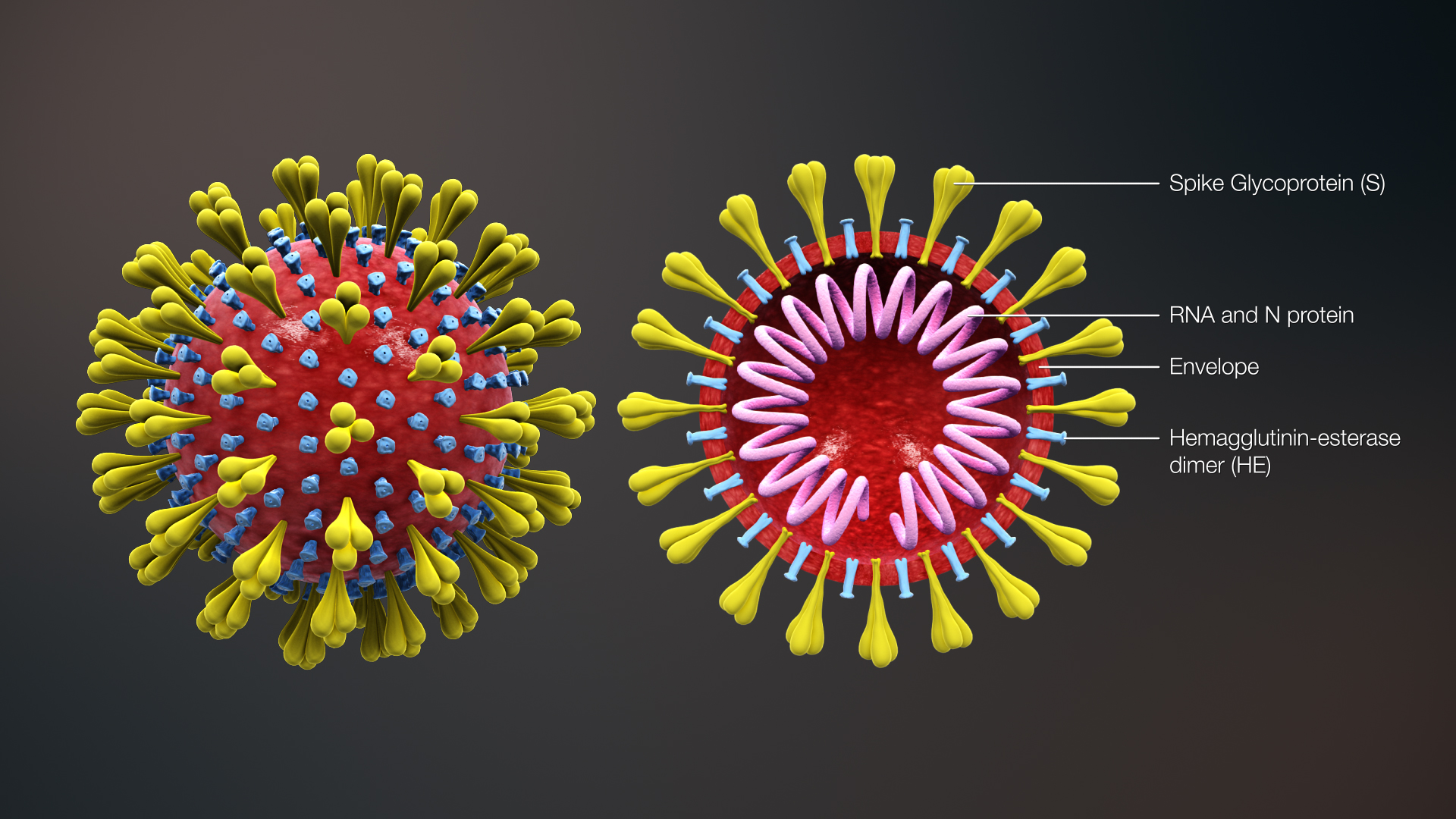There’s a lot of heavy breathing and hype over the Coronavirus. How concerned should you be? First, there’s no reason to panic or even be seriously concerned, but you should be aware of some of the facts.

NO CASES IN FLORIDA…YET
As of today, there are no reported cases of Coronavirus in the State of Florida. It’s hard to get sick, if no one is sick in your state.
MOST PEOPLE SURVIVE
There is no single source for fatality rates, but we used data compiled by WorldoMeter.info which sources data from the CDC, the World Health Organization and other sources to compile numbers. Currently, the death rate is estimated at about 2%. In other words, if you contract the Coronavirus, you have a 98% chance of survival.
CORONAVIRUS SURVIVAL / DEATH RATE BY AGE
As you can see in the chart below, the elderly are the most vulnerable to the Coronavirus. However, the elderly are also the most vulnerable to other diseases like the common cold or flu.
| AGE | DEATH RATE* | SURVIVAL RATE |
| 80+ years old | 14.80% | 85.20% |
| 70-79 years old | 8.00% | 92.00% |
| 60-69 years old | 3.60% | 96.40% |
| 50-59 years old | 1.30% | 98.70% |
| 40-49 years old | 0.40% | 99.60% |
| 30-39 years old | 0.20% | 99.80% |
| 20-29 years old | 0.20% | 99.80% |
| 10-19 years old | 0.20% | 99.80% |
| 0-9 years old | no fatalities | no fatalities |
| Source: WorldoMeter.info |
Prevention of Coronavirus
The following are the recommendations from the CDC on how to prevent the spread of the Coronavirus:
There is currently no vaccine to prevent coronavirus disease 2019 (COVID-19). The best way to prevent illness is to avoid being exposed to this virus. However, as a reminder, CDC always recommends everyday preventive actions to help prevent the spread of respiratory diseases, including:
- Avoid close contact with people who are sick.
- Avoid touching your eyes, nose, and mouth.
- Stay home when you are sick.
- Cover your cough or sneeze with a tissue, then throw the tissue in the trash.
- Clean and disinfect frequently touched objects and surfaces using a regular household cleaning spray or wipe.
- Follow CDC’s recommendations for using a facemask.
- CDC does not recommend that people who are well wear a facemask to protect themselves from respiratory diseases, including COVID-19.
- Facemasks should be used by people who show symptoms of COVID-19 to help prevent the spread of the disease to others. The use of facemasks is also crucial for health workers and people who are taking care of someone in close settings (at home or in a health care facility).
- Wash your hands often with soap and water for at least 20 seconds, especially after going to the bathroom; before eating; and after blowing your nose, coughing, or sneezing.
- If soap and water are not readily available, use an alcohol-based hand sanitizer with at least 60% alcohol. Always wash hands with soap and water if hands are visibly dirty.
For information about handwashing, see CDC’s Handwashing website
For information specific to healthcare, see CDC’s Hand Hygiene in Healthcare Settings
These are everyday habits that can help prevent the spread of several viruses. CDC does have specific guidance for travelers.
Presidential Statement on Coronavirus
One More Recommendation
The media has over hyped the Coronavirus. It’s important to be aware, but there’s no reason to panic. We recommend enjoying life while following normal cleanliness practices. Then sit back, relax, and enjoy a cold Corona Beer.






















